☦️🇷🇴 The Official Icons and Feast Days of the Saints canonized by the Romanian Orthodox Church on 12 July 2024:
Saint Demetrius Stăniloae (4 Oct)
Saint Arsenius of Prislop (28 Nov)
Saints Cleopa and Paisius of Sihăstria (2 Dec)
Saint Sofian of Saint Anthimus (16 Sept)




Saint Demetrius Stăniloae (4 Oct)
Saint Arsenius of Prislop (28 Nov)
Saints Cleopa and Paisius of Sihăstria (2 Dec)
Saint Sofian of Saint Anthimus (16 Sept)




Saint Constantine Sarbu (23 Oct)
Saint Elijah Lăcătușu (22 July)
Saint Dometius the Merciful of Râmeț (6 July)
Saint Seraphim the Patient of Sâmbăta (20 Dec)




Saint Elijah Lăcătușu (22 July)
Saint Dometius the Merciful of Râmeț (6 July)
Saint Seraphim the Patient of Sâmbăta (20 Dec)
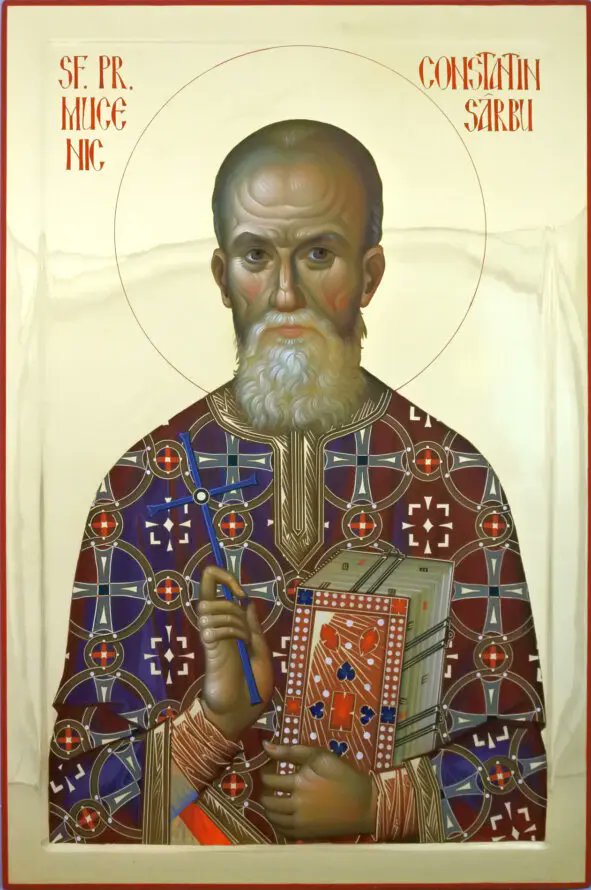
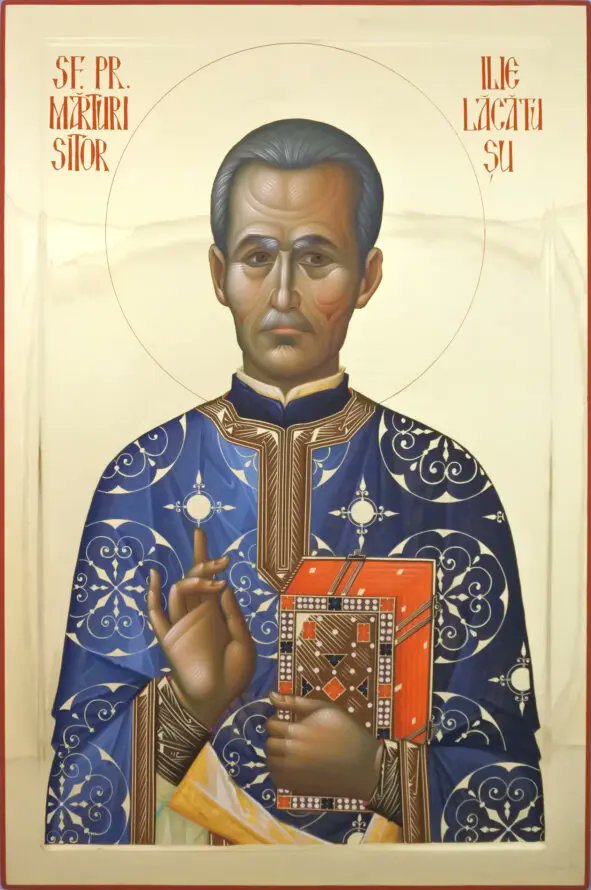


Saint Liviu Galaction of Cluj (8 March)
Saint Gerasimus of Tismana (26 Dec)
Saint Bessarion of Lainici (10 Nov)
Saint Callistratus of Timișeni and Vasiova (10 May)




Saint Gerasimus of Tismana (26 Dec)
Saint Bessarion of Lainici (10 Nov)
Saint Callistratus of Timișeni and Vasiova (10 May)
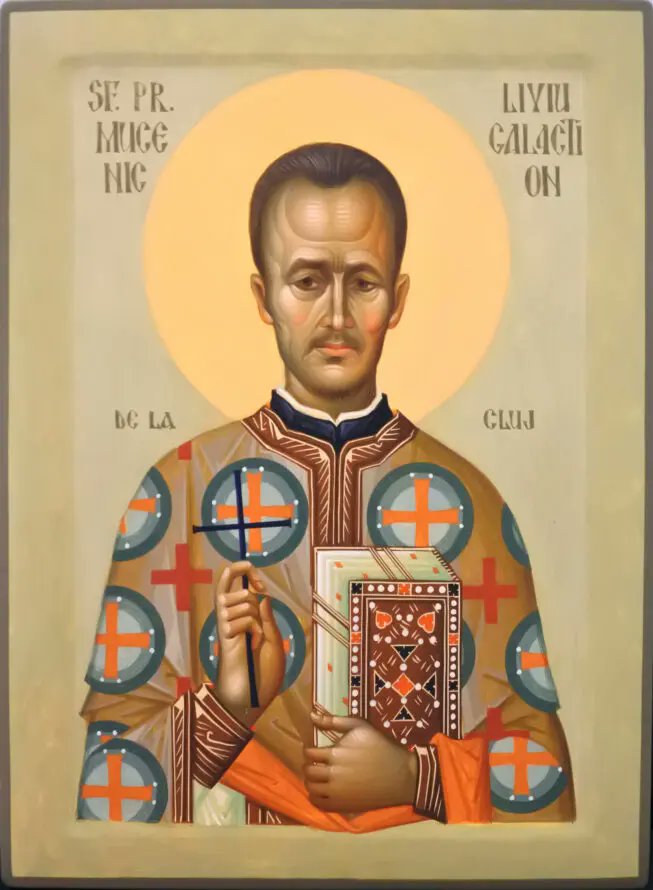


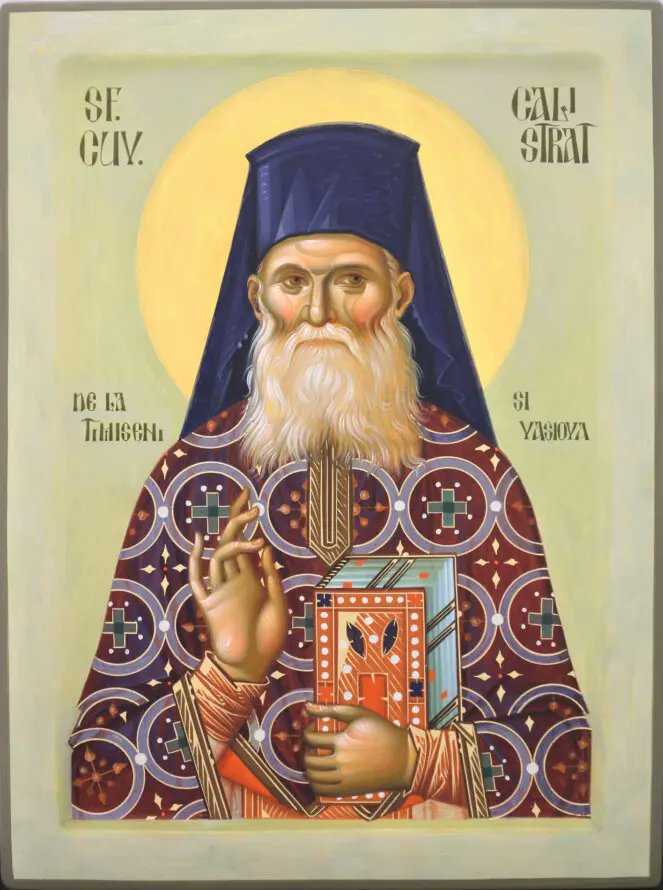
Saint Hilarion Felea (18 Sept)
Saint Heraclius of Bessarabia (3 Aug)
Saint Alexander of Bessarabia (8 Aug)



Saint Heraclius of Bessarabia (3 Aug)
Saint Alexander of Bessarabia (8 Aug)
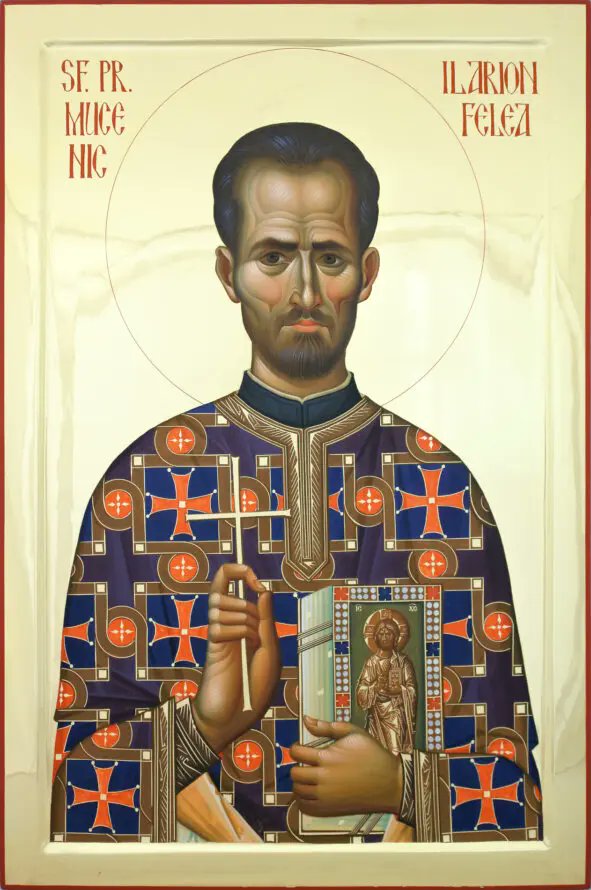
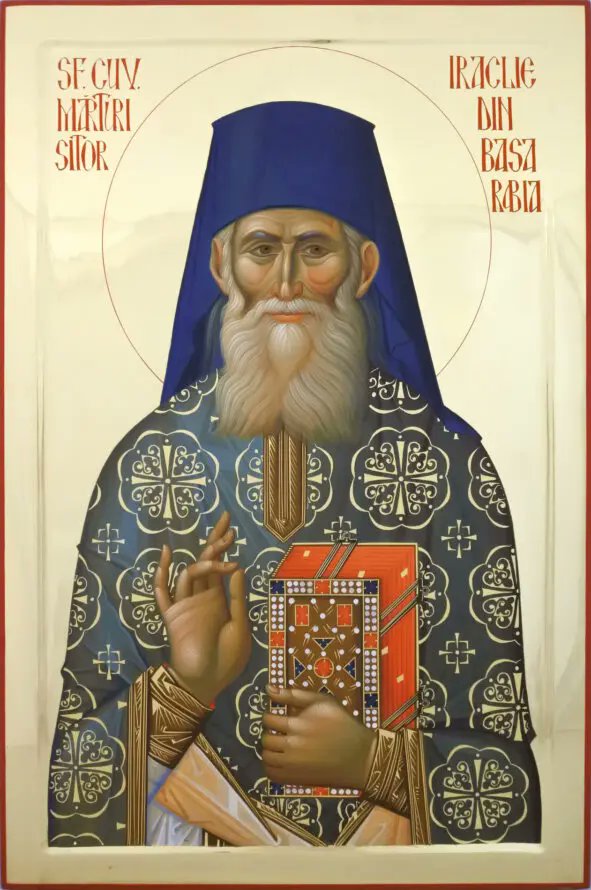

• • •
Missing some Tweet in this thread? You can try to
force a refresh

























